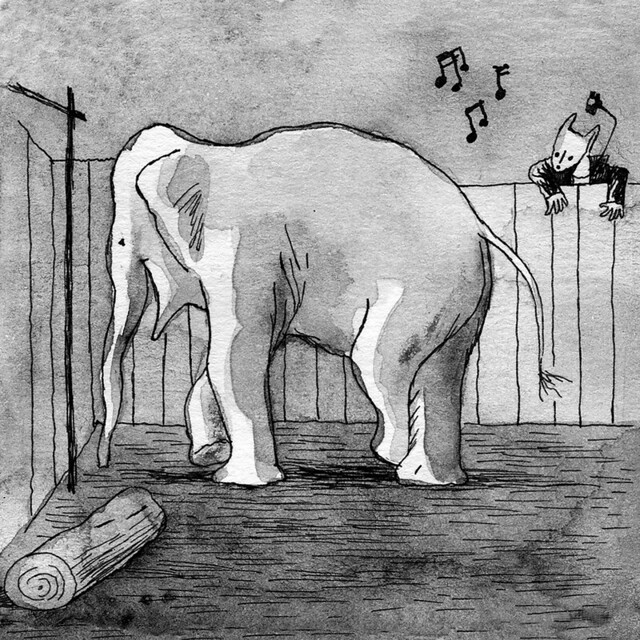 |
by Kent Aitken |      |
Last year Nick and I went down a long rabbit hole on the idea of the faceless bureaucrat (see: Embracing Authenticity Means Embracing Complexity). There's a maxim that bureaucrats are rightly anonymous, in that it facilitates professional, non-partisan advice, but I've been wondering if the foundations on which that maxim rests are shifting. We're in an era of hyper-connectivity, citizen engagement in governance, and an increasing recognition that end users' needs should be the starting point for policy and program design. In other words:
- The public service (and the public, for that matter) is made up of people
- People not in government can be trusted, invaluable partners in governance
- The starting point for solutions should be a genuine understanding of the problem
All of which begets pretty fundamental questions about the relationship between government and citizens. One that Nick and I did not thoroughly cover is the approach government takes to honesty, problems, and failure.
Recently, David Emerson suggested that public service needed to adapt quickly to the state of the world, and the article was summed up with the headline that Public servants risk becoming policy dinosaurs. Is this a problem we have to face?
Well, the strongest language that we tend to admit to is that we face challenges and that there are risks. We don't have problems, we don't have failures. So it can't be a problem.
That said, over the last year, there has been talk about adopting Engineers Without Borders' Failure Report model, one Crown Corporation has admitted the need to reinvent its business model, and the idea of change labs has spread, a model dependent on a laser focus on problems, as well as experimentation and iteration based on past results, including failures.
It seems as though we recognize that honesty is needed about the problems that we're facing, so that we can bring to bear the appropriate resources to solve them. And yet, the language stays firmly fixated on opportunities and innovation, never on problems or failures. When multiple people approve documents, it becomes very likely that at least one of them will soften the language.
Innovation requires taking chances, and chances can lead to failures. Any system that involves humans, no matter how reliable, will generate mistakes as a matter of statistical inevitability. It's okay. And small failures, if done well, will contribute to consistent successes. And until a would-be innovator can as easily summon anecdotes of failures being accepted as being maligned, we're stuck with the safe road or, at least, pretending to others that we're on it. Either of which is exceedingly hard to learn from.
I think part of it is the Shopping for Votes approach: defenders of soundbite-based communication argue that average Canadians don't have time for complexity, and won't appreciate the nuances of real, gritty problems. To boot, every piece of even internal communication can suddenly become external through Access to Information. However,there is evidence that experts that own up to their shortcomings, or demonstrate a degree of fallibility, can be seen as more credible and reliable (and certainly more likable) than those who maintain an strictly stoic veneer. Nick once suggested that a culture of acceptable failure could be a competitive advantage.
And the decline in trust in government would suggest that in general, the problem-free communication approach isn't working ideally. It may be worth considering the possibility that we systematically overestimate the risk of admitting to problems and failures, and underestimate the longer-term risks of losing trust and credibility - and the risks of inappropriately intervening on ill-defined problems.
It could be a tragedy of the commons effect, in that individual actors know that long-term stewardship requires a certain approach but are incentivized to take a different one. In that view, it's not so much a question of whether we should embrace an honest focus on problems, or that our communications model needs to evolve, but a question of how we normalize those admissions of humility and humanity.
When everyone around you is touting success, who goes first on failure?
If it is a tragedy of the commons, the answer is less in the culture change and more in altering how the market works.






